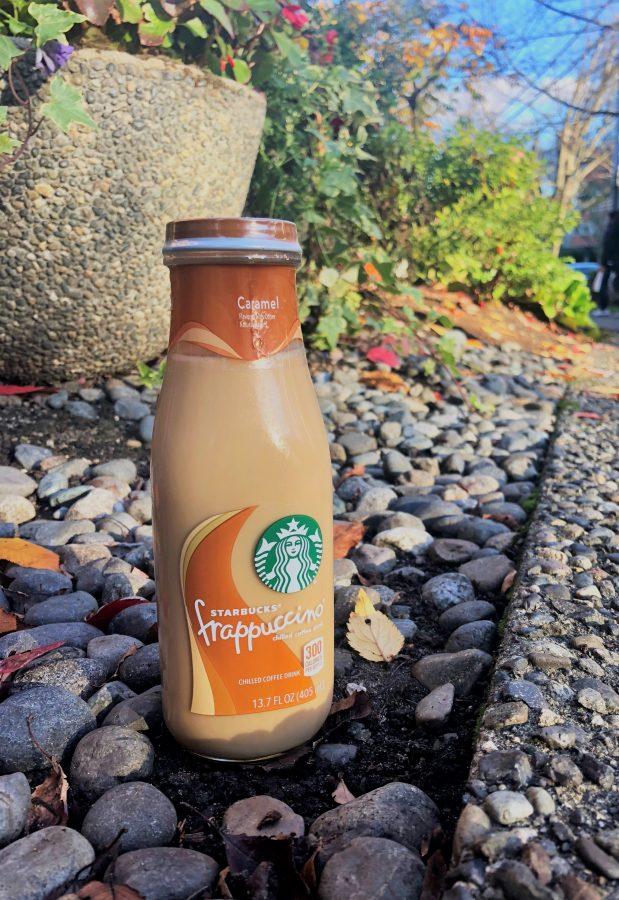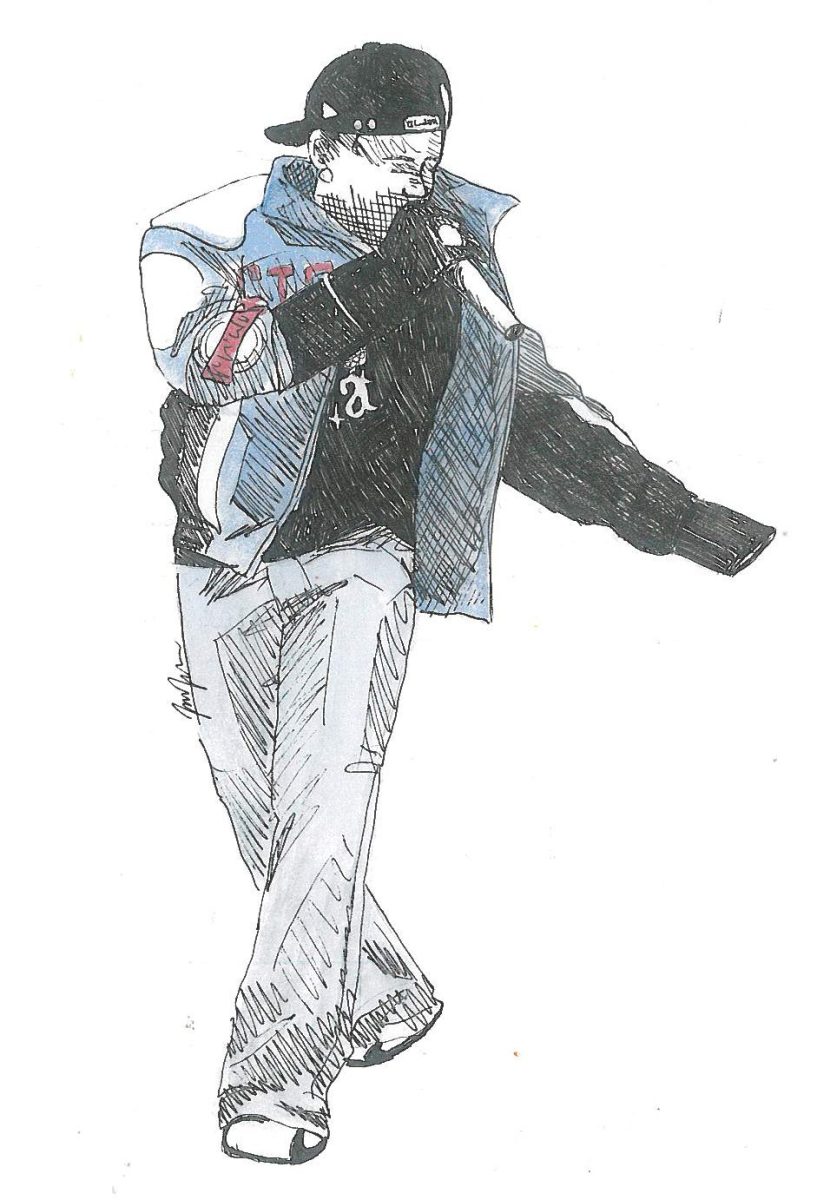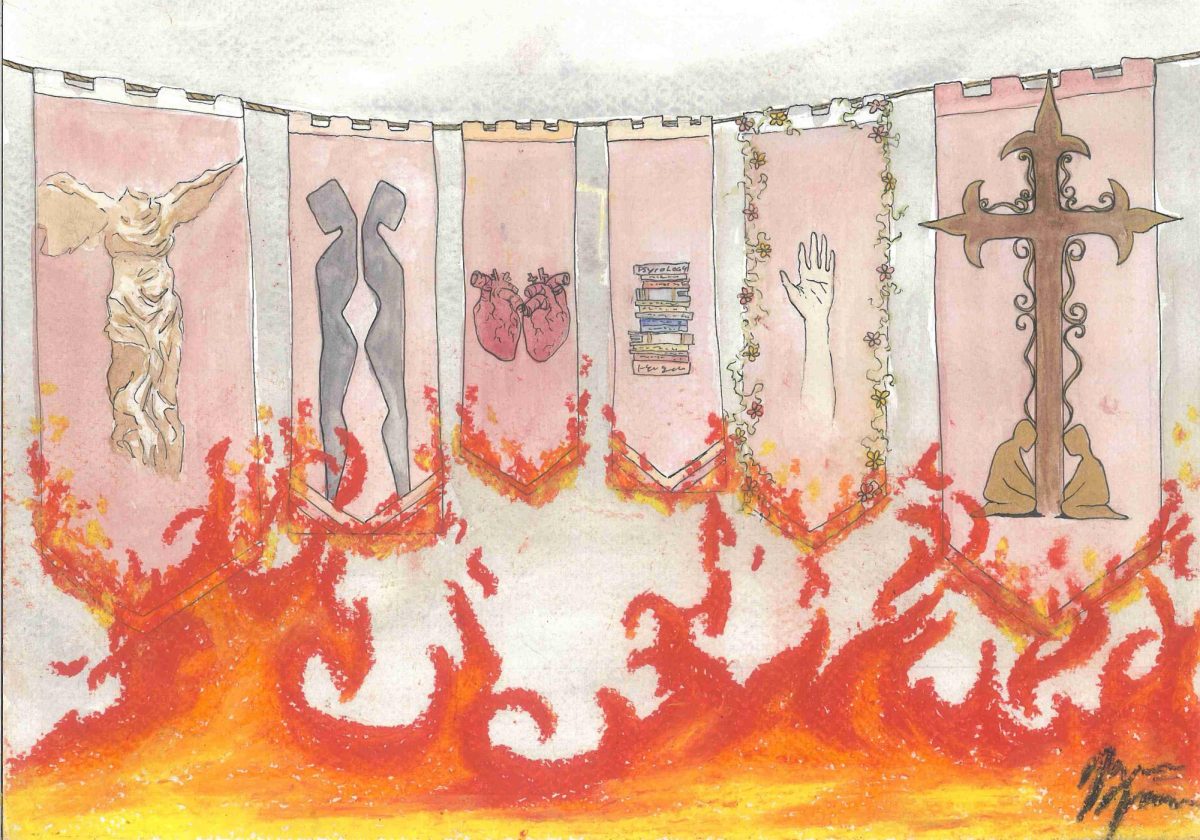Consumerism creates sexist labels
Fall in Seattle is in full effect. With the weather growing increasingly somber, wearing “cozy clothes” and drinking Starbucks pumpkin spice lattes is currently at the height of fashion.
According to many, it is basic season.
“Basic” is a term that has become more popular in the last several years, but most likely originated in the mid-2000s. Urban Dictionary defines basic as being “only interested in things mainstream, popular and trending.”
Essentially, being basic means that you have no individual taste and are unable to distinguish what you like from what everyone else likes.
Basic is often specifically used as a derogatory term for a white woman and has been chosen as a modern insult to reference typical and predictable behavior, a pointed replacement for “plain Jane.”
It is important to note that it would appear that the adjective is based on consumerism, on buying habits, more than anything else. But female consumption patterns are actually consumption patterns that everyone participates in, so is the popular usage of basic really accurate?
The basic girl will drink Starbucks lattes or frappuccinos, wear Patagonia and North Face jackets, Lululemon yoga pants, and listen to the Lumineers. However, all of these consumables are available to and used by all demographics.
Yet a girl is judged as basic based on what they take in, not what they put out.
Being basic as defined by consumerism is a one dimensional and superficial approach to determining someone’s worth. No one deserves to solely be defined by the shoes they wear or the food they eat.
In itself, this seems a flawed way to discuss being basic; shouldn’t being basic refer to something internal rather than external and superficial?
Rampant American consumerism has arguably led us to a point where people believe that we really are what we buy.
From the perspective of growing up nominally poor, being defined by clothes is fundamentally unfair as you can only express yourself by what your parents can afford.
It used to be that consumer trends were focused on keeping up with the Joneses, products used to be advertised based on their ability to make someone fit in, a means to be basic. Now ads encourage consumers to stand out, to be a resolute rose in a field of boring dandelions, to think outside the box and differentiate ourselves from the basics of the world.
In this marketing climate, there is a growing disdain for the popular. Ironically, popular products are promoted for the ability to make you stand out from the crowd that they criticize.
The point is that most everyone participates in popular basic actions because what is popular is what is most readily available and is almost impossible to avoid.
We are only trying to fool ourselves if we think that we buy is distinctly different from the basics of the world.
I will admit that I have often engaged in endorsing basic as a term to criticize the majority, categorizing those that fit in as nothing more than sheep.
I own Lululemon pants and they are, by far, the most comfortable pair of pants I wear.
But when I choose to wear them, which I do quite often, I do not expect to be defined by them alone.
While there may be some who would disagree, perhaps because they can afford to be defined by esteemed brands, I do not think that we are what we buy.
You are defined by what you produce, not by what you consume. You aren’t different just because you listen to Bon Iver rather than Kanye. Either way you participate in basic actions.
Having basic as a derogatory term is ill fitting, as it focuses on primarily defining women for what they wear. If you wouldn’t want your humanity determined by your brand of pants, don’t define women by something so superficial as clothing
Furthermore, basic has became a replacement for a consumerism that we all participate in. Even if you consider yourself hipster, trying to swim against the tide of mainstream, this very act of differentiation is nothing special.
Even being different is basic.
Whether you wear Levi’s or Buffalo Exchange corduroys, you should concentrate on your own promotion, not other’s derision.
We are not what we buy, we are much more than that.






















































































